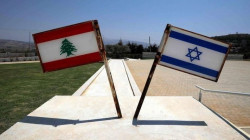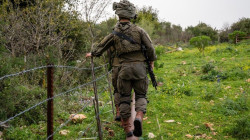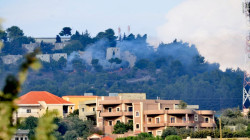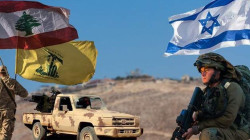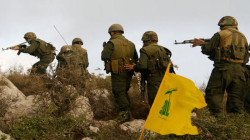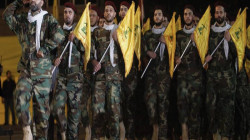Israeli airstrikes hit southern Beirut amid rising tensions with Hezbollah
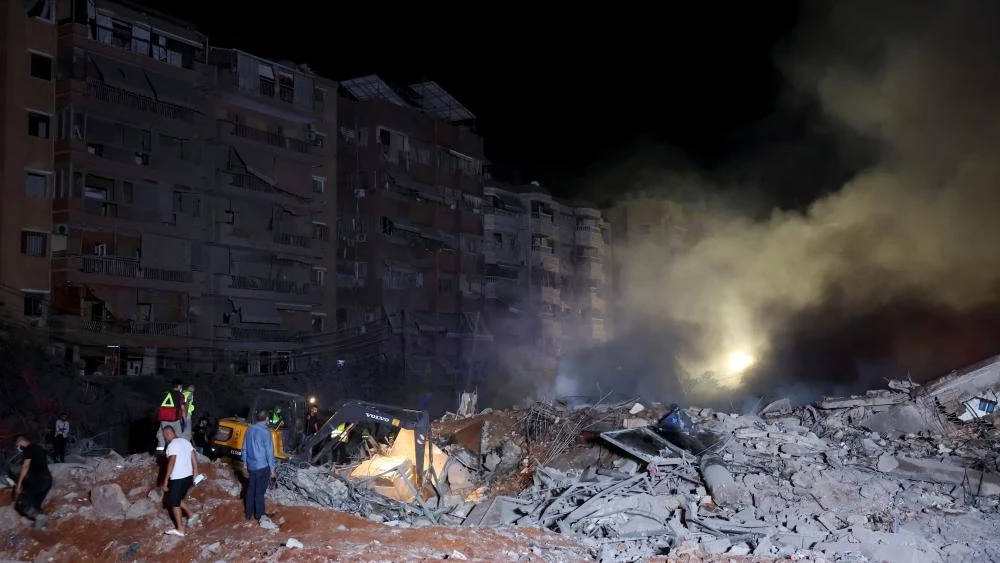
Shafaq News / Israeli airstrikes pounded southern Beirut suburbs overnight into Saturday, targeting what Israel describes as Hezbollah's stronghold in the Lebanese capital. The strikes reportedly aimed to eliminate Hezbollah leader Hassan Nasrallah, causing panic and prompting families to flee.
Israel stated that it was targeting Hezbollah’s headquarters. Although there was no confirmation of Nasrallah’s status, Israeli media outlets claimed the strikes killed "Muhammad Ali Ismail, the commander of Hezbollah’s missile unit in southern Lebanon, and his deputy," along with other senior officials.
Hezbollah’s media denied the Israeli narrative, affirming that it does not store weapons or ammunition among civilians.
The explosions, the heaviest since the 2006 war between Israel and Hezbollah, caused widespread destruction.
Israeli military spokesperson Daniel Hagari described the airstrike on Hezbollah’s central headquarters, which was situated beneath civilian buildings, as "very accurate." He noted that assessments of the strike’s impact were still ongoing.
The initial airstrikes flattened six buildings, sending thick clouds of black and orange smoke billowing into the sky and rattling homes as far as 30 kilometers (20 miles) north of Beirut. Israel did not disclose the type of bomb used, though the blast leveled an area the size of a city block. The Israeli military possesses 2,000-pound American-made "Bunker Buster" bombs, designed to penetrate underground structures.
A preliminary report from the Lebanese Health Ministry confirmed that six people had been killed, with 91 others injured. In Beirut’s Haret Hreik neighborhood, strikes left craters up to five meters (16 feet) wide.
The violence has displaced hundreds of families, forcing them to seek refuge in safer areas, such as downtown Beirut’s Martyrs' Square.
Since Monday, Israel has shifted its military focus from Gaza to Lebanon, with airstrikes killing more than 700 people and displacing approximately 118,000.
The United Nations reported that a total of 211,000 people had been displaced, including 85,000 sheltering in public schools. The strikes have also led to the closure of 20 primary health centers and left nearly 300,000 people without access to clean water.
The Israeli military also pledged to prevent Iran from transferring weapons to Hezbollah via Beirut airport, warning that Israeli jets would intervene if necessary.
In turn, Hezbollah released a statement saying it fired rockets into Israel including Safad, describing the attack as a defense of Lebanon.
The surge in violence has drawn international concern, with the United Nations condemning the escalation. "We are witnessing the deadliest period in Lebanon in a generation, and many fear this is only the beginning," said UN humanitarian coordinator Imran Riza.
In an address at the UN General Assembly, Israeli Prime Minister Benjamin Netanyahu vowed to continue military action to secure Israel’s border with Lebanon.
"Israel has every right to remove this threat and ensure the safety of our citizens," he said, warning Iran that Israeli forces would strike if Tehran continued to arm Hezbollah.
In turn, Hezbollah released a statement saying it fired rockets into Israel including Safad, describing the attack as a defense of Lebanon.
The resistance group emphasized that its operations would continue with "increasing intensity" as it seeks to confront Israeli military actions.
